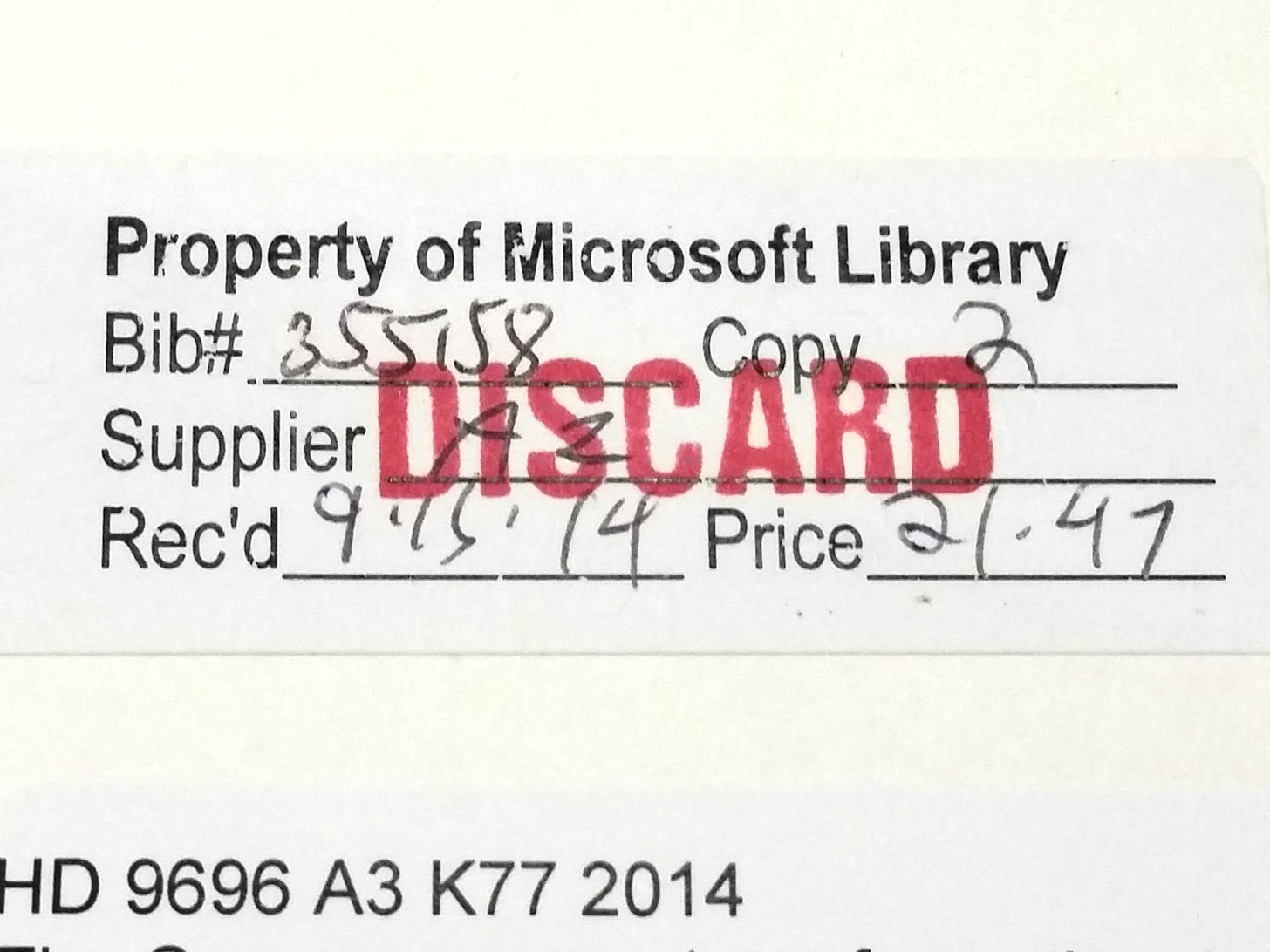The theater of readers
On Teddy Roosevelt, YouTube, and the need to design education intentionally rather than just dumping exhausting reading lists on unwilling students
An article published at Inside Higher Ed suggests that college undergraduate students aren't reading much of what is being assigned to them by their professors, and adopts a tone suggesting that summaries generated by artificial intelligence and video-based subject primers are displacing the act of reading. It is entirely possible that "kids these days" are too often choosing shortcuts around the learning process, to give off the superficial appearance of having engaged with the material rather than doing the actual engagement.
■ It would be hazardous, though, to assume that every undesirable-looking change is attributable to laziness. For one thing, academic writing is often notoriously bad. That's nothing new: Theodore Roosevelt lamented in 1912, "Many learned people seem to feel that the quality of readableness in a book is one which warrants suspicion. Indeed, not a few learned people seem to feel that the fact that a book is interesting is proof that it is shallow."
■ Moreover, academic writing is often wordy for its own sake. Ben Sasse, who has twice served as a college president, has noted, "I think lots of 300-page books could (and should) have been 30-page articles, but neither magazines nor book publishers have much of a market for 30 pages." It hearkens to an old joke that goes, "My book was 400 pages long because I didn't have time to write it in 200 pages." It takes real dedication to say things both briefly and well.
■ And there is one other matter that can't be overlooked: By the time students are in college, the burden has begun to shift. Whereas the high-school student is required to attend (less they be counted truant), a college student is generally free to attend a lecture or not, and to read the material or not. Consequences might follow, but that depends on the instructor's expectations and assessment structure -- far more than is the case in a high school, where standardized testing often prevails.
■ An adept instructor of college-aged learners (or adults beyond) ought to put real thought into what is being taught, why it matters, and how it can best be assessed. If the knowledge being imparted by lectures and textbooks can be delivered well enough by a YouTube video that the students can pass the test, then either the video is good enough (at least for some learners) or the test isn't very good at all. The burden of assessing these things falls on the instructor, not the students.
■ In many subject areas, reading remains (on average) the fastest, most reliable mode of transmitting information. But that isn't always the case, and it also may vary from one student to the next. Sometimes the writing just isn't very good!
■ That's where pedagogy comes into play: A subject-matter expert isn't always the best teacher -- nor is a great teacher necessarily always a subject-matter expert. Recognizing that instructional design matters -- and that it is just as valid a field of expertise as any other -- is probably more important now than ever before. Those who fail to adapt do so (or, rather, don't) at their own peril.



